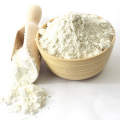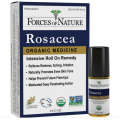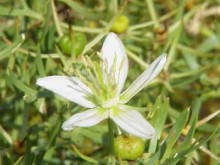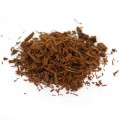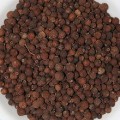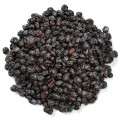 Loading... Please wait...
Loading... Please wait...- Home
- About Us
- Shipping, Returns & FAQ's
- Contact Us
-
For Your Information
- Canadian Customers Have a Choice if Shipping Via UPS
- Aura Cacia Homemade Aromatherapy Recipes
- Bella Nella Altered Art & Paper Crafts Blog
- Forms of Herbal Preparations
- Laundry Tips To Conserve Energy Blog from The Laundress
- The Story of Frontier Natural Products Co-Op
- Sovereign Silver Hydrosol and Aloe Protocol Stops Downward Spiral of Gut Dysbiosis
- Disclaimers
- Recommended Links
- RSS/Recent News
- The Story of Typhoon Housewares
- Reviews/Testimonials
- Raw Ingredients for Mfg
Rue Syrian (Peganum Harmala) Bulk
Product Description
- Useful for Stress and Anxiety
- Promotes Restful Sleep
- Keeps Skin, Hair and Nails Healthy
Source of the famous dye "Turkish Red", a characteristic color of Persian carpets. In Egypt, the oil expressed from the seeds is said to be an aphrodisiac. Seeds possess hallucinogenic alkaloids.
Syrian rue is native to countries around the Mediterranean sea and western United States. Known for its sedative effects when consumed by farm animals, its seeds have stimulant and hallucinogenic effects at low doses (3-4 g when eaten) in humans.
Peganum harmala is a plant of the family Nitrariaceae.
In Turkey, dried seeds from this plant are hung in homes or vehicles to protect against "the evil eye". It is widely used for protection against Djinn in Morocco.
In Iran, and some countries in the Arab world such as, Syria, Iraq, Saudi Arabia and Jordan, dried seeds mixed with other ingredients are placed onto red hot charcoal, where they explode with little popping noises in a way similar to popcorn. When they burst a fragrant smoke is released. This smoke is wafted around those afflicted while a specific prayer is recited. This tradition is still followed by members of many religions, including Christians, Muslims, and some Jews. In several versions of the prayer accompanying the ritual, the name of an ancient Zoroastrian Persian king, called Naqshaband, is used. He is said to have first learned the prayer from the five protective female spirits, called Yazds.
Warning: Serious side effects affecting the nervous system, heart, liver, and kidneys, as well as death, have been reported in people who consumed high amounts of Syrian rue seeds.
Botanical Name: Peganum harmala
aka: wild rue, Syrian rue, African rue, esfand, harmel
Uses: Culinary/Medicinal
Seed Duration: Perennial (hardy in USDA zones 7-9)
When to Sow Seeds: Spring/Late Summer/Early Fall
Ease of Germination: Easy
Country of Origin: USA/India/Turkey: Peganum harmala; Netherlands: Ruta Graveolens seeds
* FDA Disclaimer
You Recently Viewed...
Currency Converter
Choose a currency below to display product prices in the selected currency.




